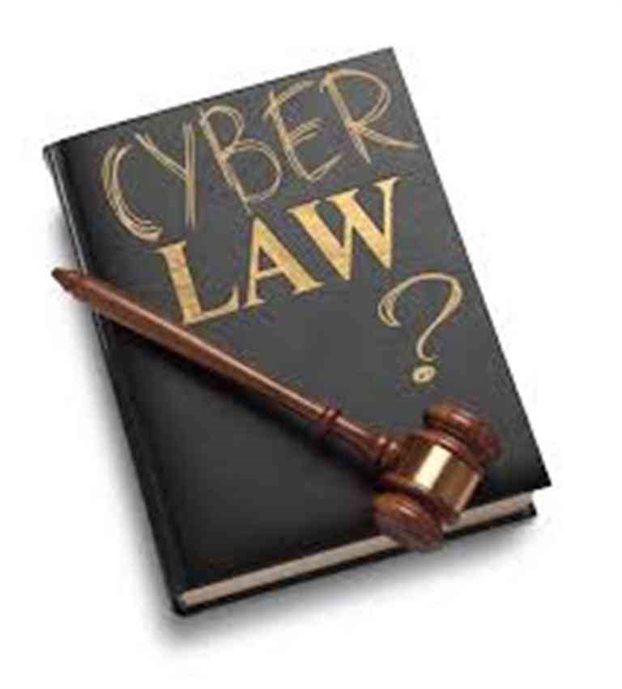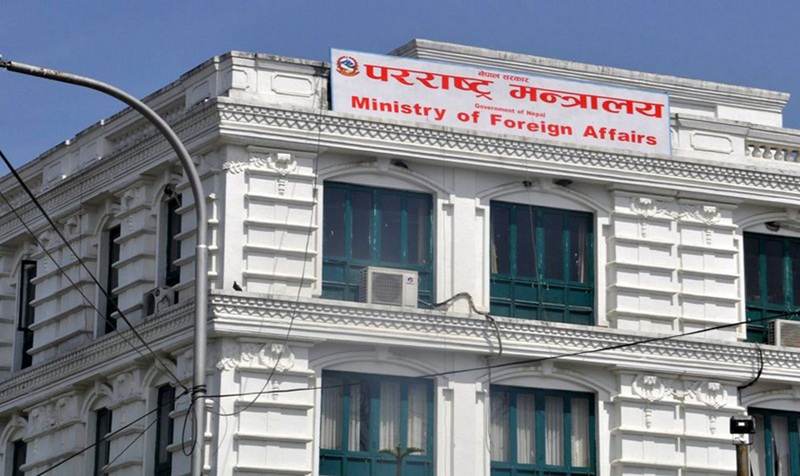Cyber Law And Its Challenges In Nepal
We live in a world of computers and the internet. While the fastness and reliability of the computers have made our day to day life more easy and convenient, the internet has connected us to the world and provides us a stream of unlimited information. This advent of information technology has brought a new dimension in our lives. But with each new dimension, comes new challenges. And with the rise of the information sharing world, we have problems like hacking, intellectual property theft, credit card cloning, phishing, cyberbullying, privacy issue, and the list goes on and on. To regulate the crime in this dimension of our life, governments come up with “Cyber Law.”
Cyberlaw is the law that includes a variety of issues related to the internet and other communication technology, including intellectual property, privacy, freedom of expression, and jurisdiction. Cyberlaw governs the legal issues of cyberspace. Cyberspace is the electronic medium of computer networks, in which online communication takes place. Cyberspace is a broad term that includes: computers, computer networks, Internet data software, etc.
Cyber laws are fundamental. They provide security to not only the intellectual property of IT companies but also helps to maintain the privacy of internet users. They check the programs of corporates to make the internet a neutral platform, help to create standard models of use which helps to create tailored facilities to the citizens to boost the economy, and so on.
Different countries have different cyber laws and cyber laws regulating bodies. In Nepal cyber law is called as Electronic Transaction Act (ETA) 2063, which was passed in 2004. The bill deals with issues related to digital signature, intellectual property, cybercrime, etc. The Act is dived into 12 sections and 80 clauses. This law keeps an eyeball on issues which are related to computer networks and cybercrime. It brings cyber criminals under the justice of law and penalizes them just like other crimes. As per the Act, if anyone is found violating cybercrime, he/she will be punished for a minimum of 6 months to a maximum of 3 years in jail and has to pay minimum 50 thousand to maximum three lakhs as a penalty.
Cyber laws help to keep us safe and help to boost the IT economy. However, we can see an increasing cybercrime in society and an unsmooth IT economy. One of the most significant reasons for this is the lack of amendment of cyber laws. The internet is changing at a rapid rate and so is the way people consume information. The lack of proper updates in the ETA has caused the formation of loopholes gradually which can be exploited by criminals. Further lack of new updates restricts citizens from enjoying IT facilities which rest of the world enjoys, for example, ETA hasn’t adequately addressed Online Payment, due to which we still don’t have separate, fast and reliable online payment systems.
Another challenge is the implementation of cyber laws. For the proper application of the rules, people must be aware of them. However, since a large number of people use the internet in Nepal for entertainment purposes, they don’t keep care of their privacy in the cyberspace which can result in a lot of issues like Frauds, Cyberbullying, identity theft, phishing, etc.
The importance of cyberlaw can’t be over-stressed. The proper regulation, amendment, implementation and awareness generation can help to create a new and safe digital society.







